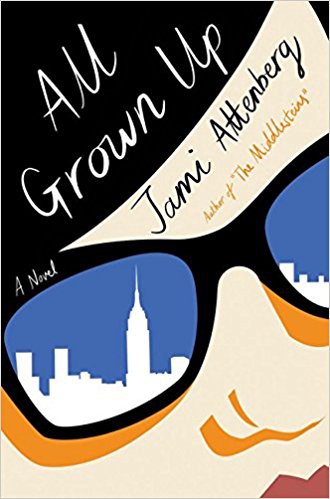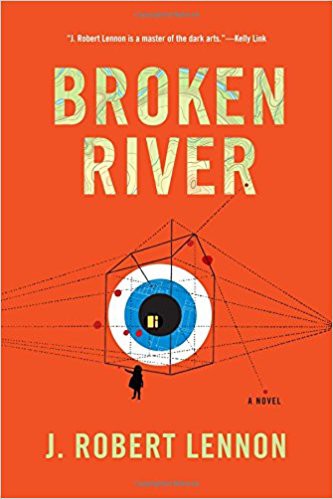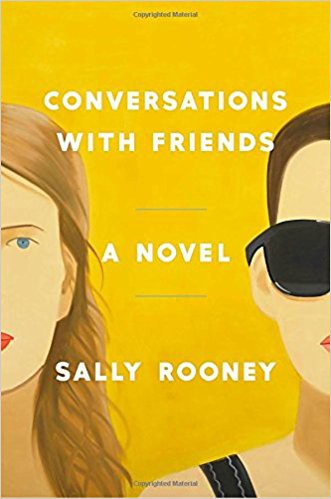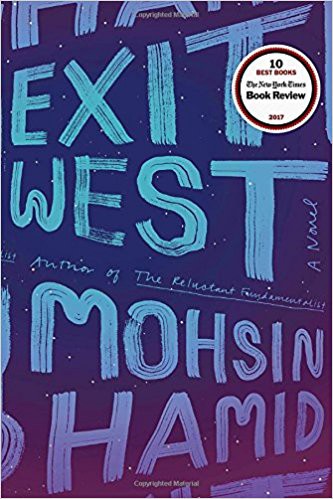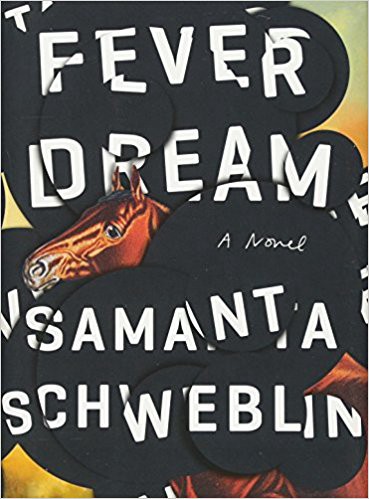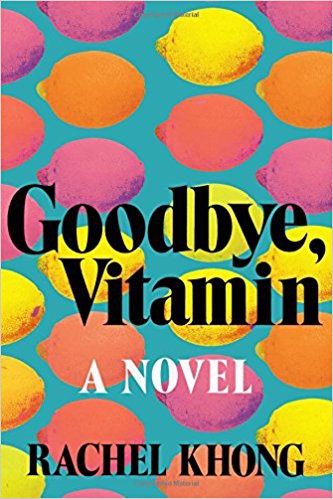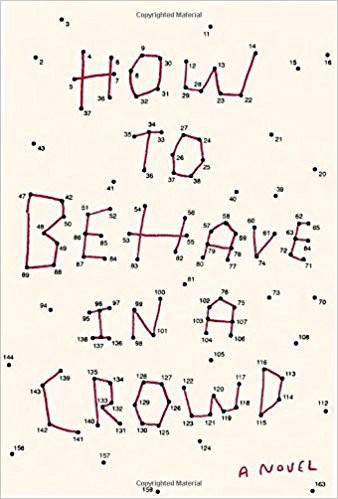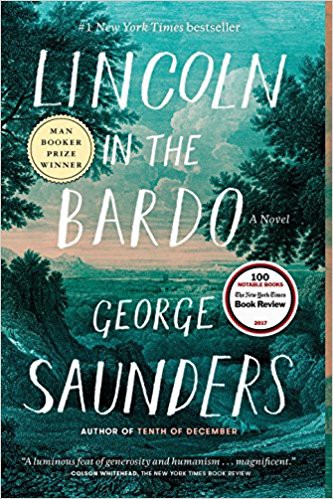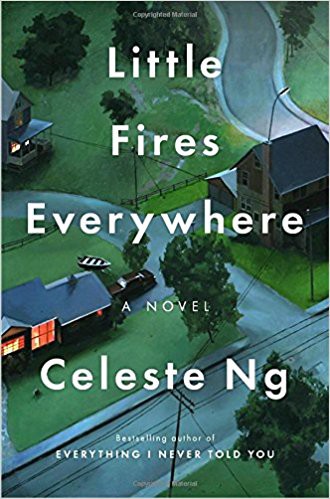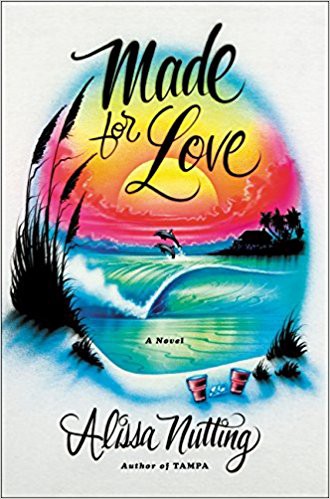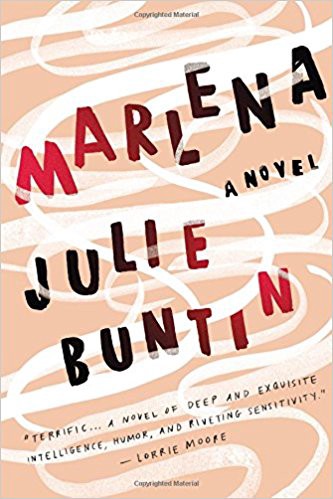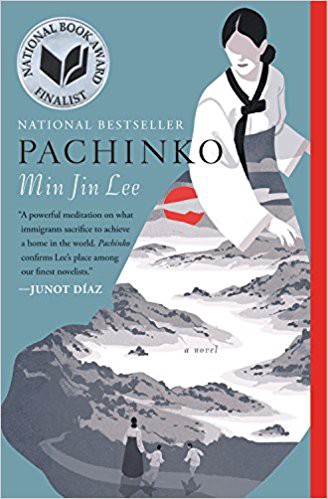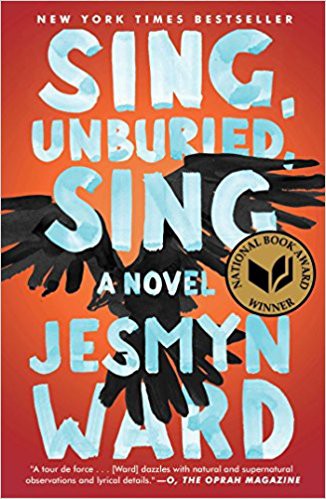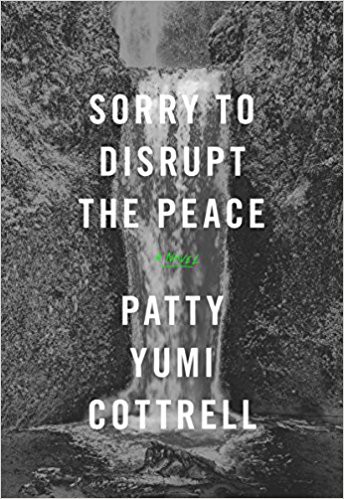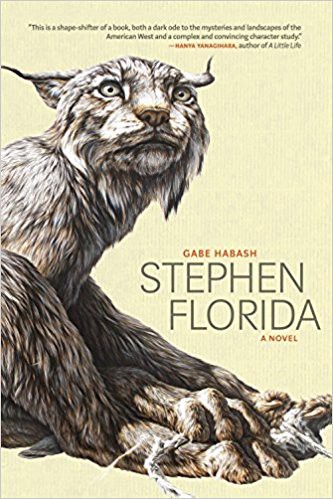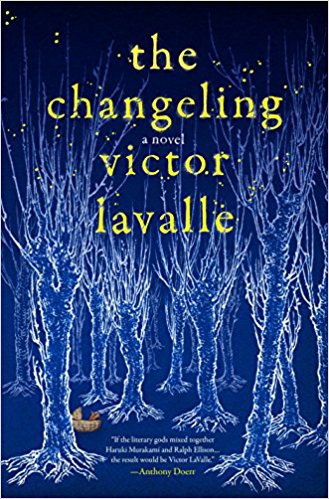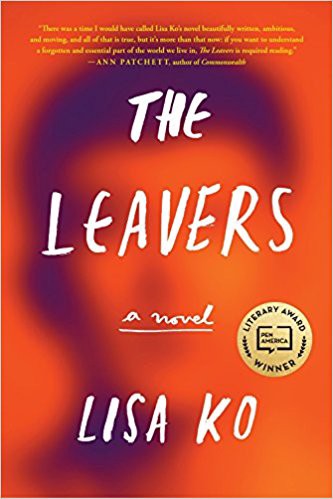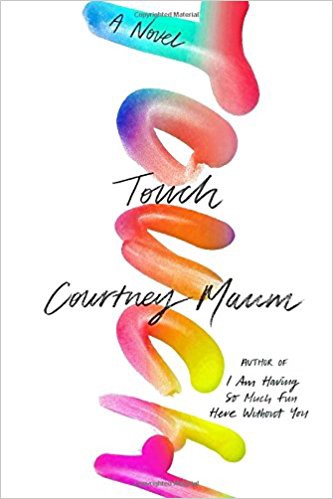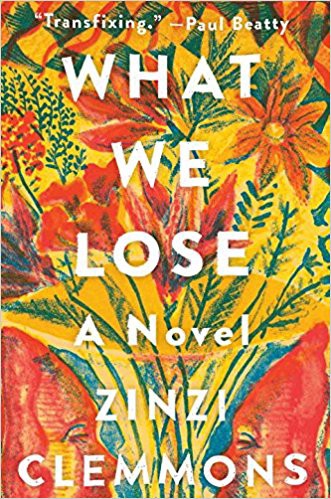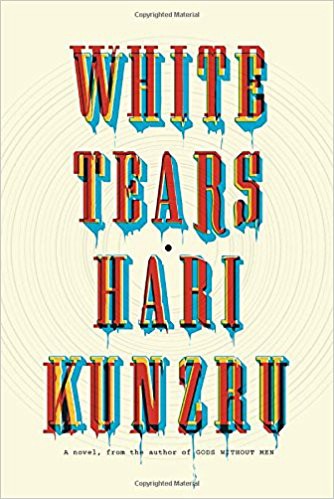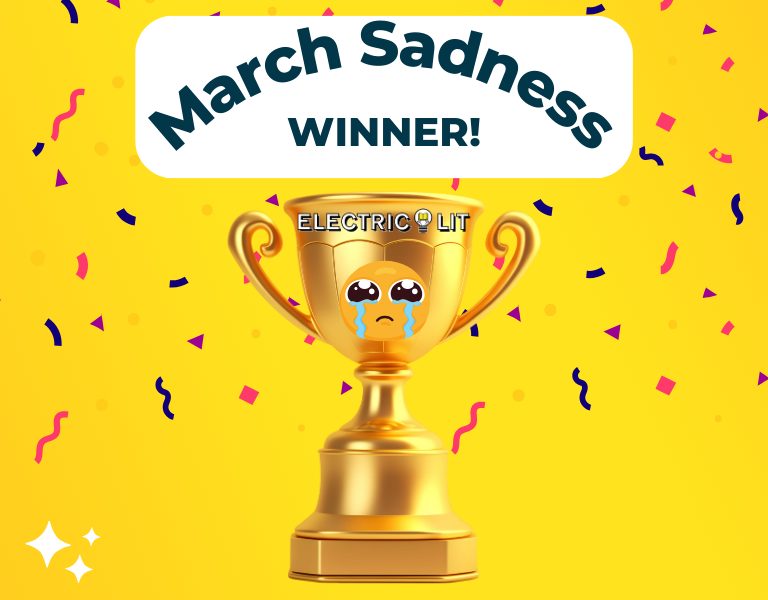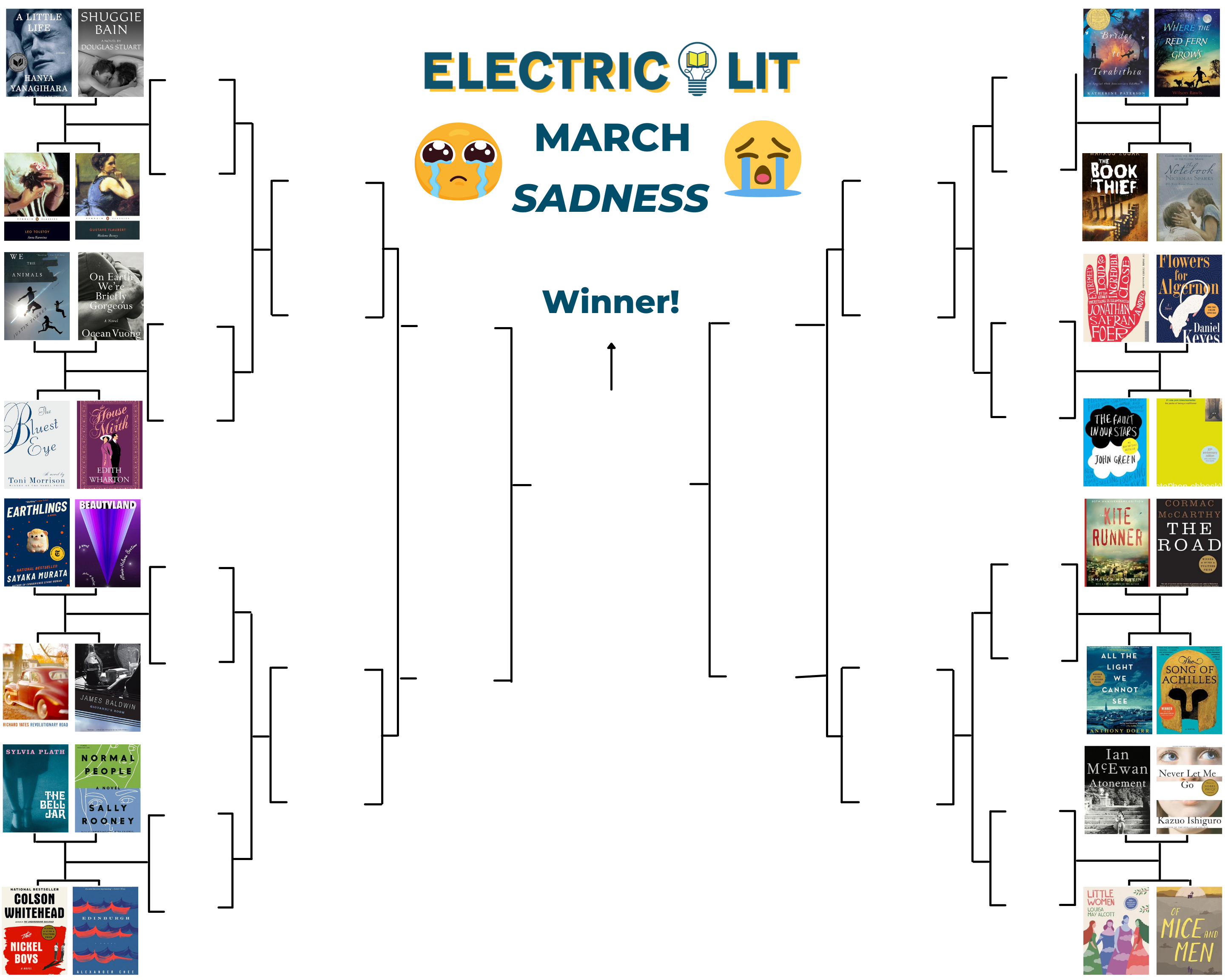Reading Lists
Electric Literature’s 25 Best Novels of 2017
We polled staff and contributors to find our favorite fiction books of the year
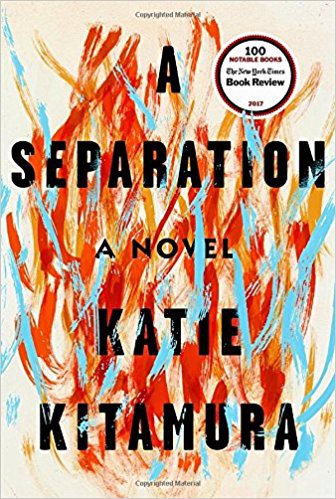
What with the impending demise of net neutrality and social media turning into a toxic snake pit, you’re going to want to be spending a lot more time curled up with a book. Celebrate the end of a lousy year and the start of a probably lousier one by picking up a few of the 25 novels that Electric Literature staff and contributors voted as our favorites of 2017. With National Book Award finalists and winners as well as weird small-press offerings, we’ve got something for every taste.
You can also check out our favorite nonfiction books and short story collections of the year.
A Separation, Katie Kitamura
“Division, secrets, and lies abound in Katie Kitamura’s spare and unsettling A Separation, a novel that focuses itself on the end of marriage and the stories that exist within such a murky, and often opposing, area,” wrote Bradley Sides in his Electric Literature review of A Separation. “The unknown is where much of life exists. There’s horror and there’s comfort in it. A Separation reminds us that not knowing is okay. In fact, sometimes it’s for the best.”
Read our review of A Separation.
All Grown Up, Jami Attenberg
Attenberg’s funny, imperfect protagonist Andrea has been criticized for being selfish—not just because she’s a single, childless career woman, but because the book concerns her inadequacy at caring for her brother whose child is dying. But isn’t it time for fiction to explore women’s selfishness the way it’s often explored men’s? Andrea isn’t admirable, or even necessarily likable, but she’s interesting. If you’d spend a whole novel with Fran from Black Books, this one’s for you.
Read our interview with Jami Attenberg.
Broken River, J. Robert Lennon
This creepy, riveting novel is a haunted house story with a twist. A dysfunctional family moves into a house touched by tragedy, and begins to investigate its strange past—but we also hear from an omniscient, supernatural presence, the Observer, a sort of narrator-turned-spirit. It’s a consciously cinematic approach to a classic film subject—think Amityville Horror—given new life.
Conversations with Friends, Sally Rooney
Rooney’s debut novel is about infidelity, self-image, and the intimacies of female friendship, but she’s most adept at exactly what it says on the tin: conversation. The novel’s interactions spool out in emails, texts, and dialogue, offering beautifully three-dimensional images of intricate, difficult characters and relationships.
Exit West, Mohsin Hamid
“The unrest roiling Nadia and Saeed’s city will be a third party in their relationship, at first thwarting their attempts at connection and then hurrying them into an intimacy that, in other circumstances, they might or might not eventually choose,” wrote Rebecca Saletan, recommending Mohsin Hamid for Recommended Reading. “When the tension explodes, turning familiar streets into a patchwork of checkpoints and bomb blasts, they will begin to hear whispers about doors — doors that can whisk people far away, if perilously and for a price. And as the violence escalates, Nadia and Saeed will decide that they no longer have a choice.”
Read an excerpt from Exit West on Recommended Reading.
Read our interview with Mohsin Hamid.
Fever Dream, Samanta Schweblin
“Attempting to describe Fever Dream isn’t an easy task,” wrote Tobias Carroll in his review of Schweblin’s book for Electric Lit. “The shifting power dynamics that fuel its energy make for a thrilling reading experience, with their revelations causing the reader’s knowledge of what’s come before to alter again and again. Perhaps it’s a conspiracy plot like no other; perhaps it’s as ephemeral as its title suggests. … To say that this novel perfectly evokes the experience of its title, then, is meant as the highest compliment: the delirium of the unconscious, and all the terrors it can dredge up.”
Read our review of Fever Dream.
Goodbye, Vitamin, Rachel Khong
“A heartwarming book about Alzheimer’s disease? Seriously?” begins NPR’s review of Goodbye, Vitamin. Yes, seriously: Khong’s book is about a young woman who moves home after a bad breakup to take care of her ailing father, but it’s also full of whimsy, humor, and even optimism for its heartbroken protagonist and her family.
Read our interview with Rachel Khong.
How to Behave in a Crowd, Camille Bordas
If you’ve had enough of novels narrated by precocious preteens, here’s an interesting twist: How to Behave in a Crowd is narrated by a preteen who’s the least precocious person he knows. Bordas’ protagonist, Izzy, is a funny, neurotic kid trying to navigate a family filled with socially awkward savants.
Read our interview with Camille Bordas.
Lincoln in the Bardo, George Saunders
Saunders’ epic-length novel deals with death, the afterlife, and history, and specifically with Abraham Lincoln and the dead body (and ghost) of his 11-year-old son. “If, to you, the notion of a book built on a little boy’s corpse sounds depressing, that’s because it’s a depressing book,” wrote Kevin Zambrano in his Electric Literature review. “It’s also very fun: dramatic, witty, and unabashedly sentimental. What else would you expect from George Saunders, the Willy Wonka of American letters, who coats life’s cruel absurdities in a sugary glaze?”
Read our review of Lincoln in the Bardo.
Read our interview with George Saunders.
Little Fires Everywhere, Celeste Ng
The idealistic, self-congratulatory, and very white community of Shaker Heights, Ohio—Ng’s real hometown—is rattled by a custody battle over a transracial adoption in this tightly-plotted, highly empathetic book. (It’s also set in the ’90s, so if you’re aching for a return to a familiar but pre-internet era, now’s your chance.)
Read our interview with Celeste Ng.
Made for Love, Alissa Nutting
So many parts of Made for Love should be gross, glib, or otherwise off-putting: the dying dad splashing out on fancy sex robots, the lothario with an unexpected dolphin fetish, the dystopian Google analogue run by a sociopath. And yet somehow, it is instead an engrossing romp that’s hilarious and heartbreaking at once.
Read our interview with Alissa Nutting.
Marlena, Julie Buntin
We’ve been lucky enough to have a glut of recent novels investigating the heady power of female friendship, and especially its nuclear potential among teen girls. Marlena is one of the best of the lot. “In a world that sometimes treats Boyhood like the most vital of subject matter and Girlhood like a frivolous beach read, I am so grateful for Julie’s work,” wrote Rachel Fershleiser in Recommended Reading. “It treats the inner lives of young women, even and especially poor, rural, flunking-out-of-school young women, with gravity and sensitivity.”
Read an excerpt from Marlena on Recommended Reading.
Read our interview with Julie Buntin.
Read a literary mixtape by Julie Buntin.
Pachinko, Min Jin Lee
National Book Award finalist Pachinko is a family epic about Koreans in imperialist Japan. It’s a deeply-researched piece of historical fiction that still feels urgent, relevant, and full of human emotion.
Sing, Unburied, Sing, Jesmyn Ward
Do you need to know more about Sing, Unburied, Sing than the fact that it won a National Book Award, Ward’s second? All right: it’s a complex, luminously written book about a fraught family road trip, thick with anxieties, racial and interpersonal tensions, and a few actual ghosts.
Read our interview with Jesmyn Ward.
Read an essay about Jesmyn Ward’s National Book Award remarks.
Sorry to Disrupt the Peace, Patty Yumi Cottrell
“Not many writers can pull off this sense of controlled chaos like Cottrell does, let alone adding that on top a suicide mystery, tension of race, and exploring adoption,” wrote Erynn Porter in her Electric Literature review of this novel, in which the narrator investigates her adoptive brother’s suicide. “Sorry to Disrupt the Peace is a book you can’t put down, and once you do, the whole world shifts.”
Read our review of Sorry to Disrupt the Peace.
Read our interview with Patty Yumi Cottrell.
Stephen Florida, Gabe Habash
“Stephen Florida is hard to classify,” wrote Bradley Sides in his Electric Literature review of this debut novel about a troubled young wrestler. “Yes, it’s an intense character study, but it’s also a fierce and ambitious horror novel, exploring the very real dangers we try to keep at bay in so many of our seemingly harmless obsessions. There are scenes so remarkably dark that I had to put the book away. There’s anger in these pages — and there’s pain.”
Read an excerpt from Stephen Florida in Recommended Reading.
Read our review of Stephen Florida.
The Answers, Catherine Lacey
The only reliable way to find answers is through experimentation, and The Answers is rife with it: an experimental medical treatment undertaken by the protagonist Mary, and an emotional experiment in which she performs one of several girlfriend roles for a narcissistic actor who thinks love might work best by committee. “Lacey is an explorer; she seeks truth through her fiction, and that’s what truly great fiction writers are supposed to do,” wrote Jason Diamond, recommending The Answers in Recommended Reading. “She explores modern isolation, and she always produces something beautiful even where there should be darkness.” Like the best experiments, The Answers is risky and full of insights.
Read an excerpt of The Answers on Recommended Reading.

The Book of Joan, Lidia Yuknavitch
Joan of Arc in space. Honestly, that should be enough to get you to read The Book of Joan. But if for some reason you need more, listen: Carmen Maria Machado, herself a master of genre-bending feminist fiction, wrote that “its searing fusion of literary fiction and reimagined history and science-fiction thriller and eco-fantasy make it a kind of sister text to Jeff VanderMeer’s ineffable Southern Reach trilogy.” And you know we love the Southern Reach.
Read a discussion of The Book of Joan.
Read our interview with Lidia Yuknavitch.
Read an essay by Lidia Yuknavitch.
The Changeling, Victor LaValle
“Why aren’t there more domestic horror novels?” asks Bradley Sides in his review of The Changeling, a book in which a young family goes horribly awry. “Thoughts of inadequacy and even total failure haunt all of us at some point. Victor LaValle, who is best known for his past novels The Devil in Silver and Big Machine, brilliantly and terrifyingly explores the common horrors of domestic life in his latest genre-bending novel.”
Read our review of The Changeling.
Read an essay by Victor LaValle.
The Leavers, Lisa Ko
When a debut novel gets shortlisted for the National Book Award, you sit up and take notice. Lisa Ko’s book about the American-born son of immigrants and his undocumented mother’s sudden disappearance is timely, compelling, harrowing, and profound.
The Sarah Book, Scott McClanahan
It wasn’t an accident that Electric Lit’s staff and contributors nominated The Sarah Book in two categories: novel and nonfiction. This fictionalized memoir of divorce, featuring a protagonist named Scott McClanahan, is so painfully, incisively real that it’s easy to forget that it’s (just barely) a novel.
Read a discussion of The Sarah Book.
Read our interview with Scott McClanahan.
The Seventh Function of Language, Laurent Binet
This metafictional, postmodern burlesque is the kind of story you might make up with your grad school classmates after one too many at the townie bar. It’s about language and semiotics, but also sex, murder, and intrigue. If you’ve been longing for a novel in which Derrida dies horribly, but which also requires you to kind of get Derrida, Laurent Binet provides.
Touch, Courtney Maum
“The author takes on technology and the current moment, but only as a backdrop to good writing,” writes Heather Scott Partington of Maum’s book, which centers on a young woman who works as a trend forecaster for a Google-like company. “The setting facilitates Maum’s work, rather than becoming its center. What emerges from this book about tech is a deep sense that our salvation isn’t going to be found on a tiny, glowing screen.”
Read our review of Touch.
Read our interview with Courtney Maum.
Read an essay by Courtney Maum about communication and technology.
What We Lose, Zinzi Clemmons
“What We Lose, the debut novel by Zinzi Clemmons, is a thoughtful exploration of loss and grief, cultural identity and race, motherhood and relationships,” writes Glory Edim of Well-Read Black Girl, recommending an excerpt from Clemmons’ novel for Recommended Reading. “Clemmons has written a poignant tribute to beloved mother and the exploration of creating a life without her, and an emotionally rich book about the experience of being a Black female.”
Read an excerpt from What We Lose on Recommended Reading.
Read our interview with Zinzi Clemmons.
White Tears, Hari Kunzru
Can you write a riveting thriller about cultural appropriation? Maybe you can’t, but Hari Kunzru can. In White Tears, young men who try to gentrify blues music wind up haunted by a vengeful ghost they can’t shake—and which they may have called into being. It’s a stunning critique of whiteness that’s impossible to put down.




